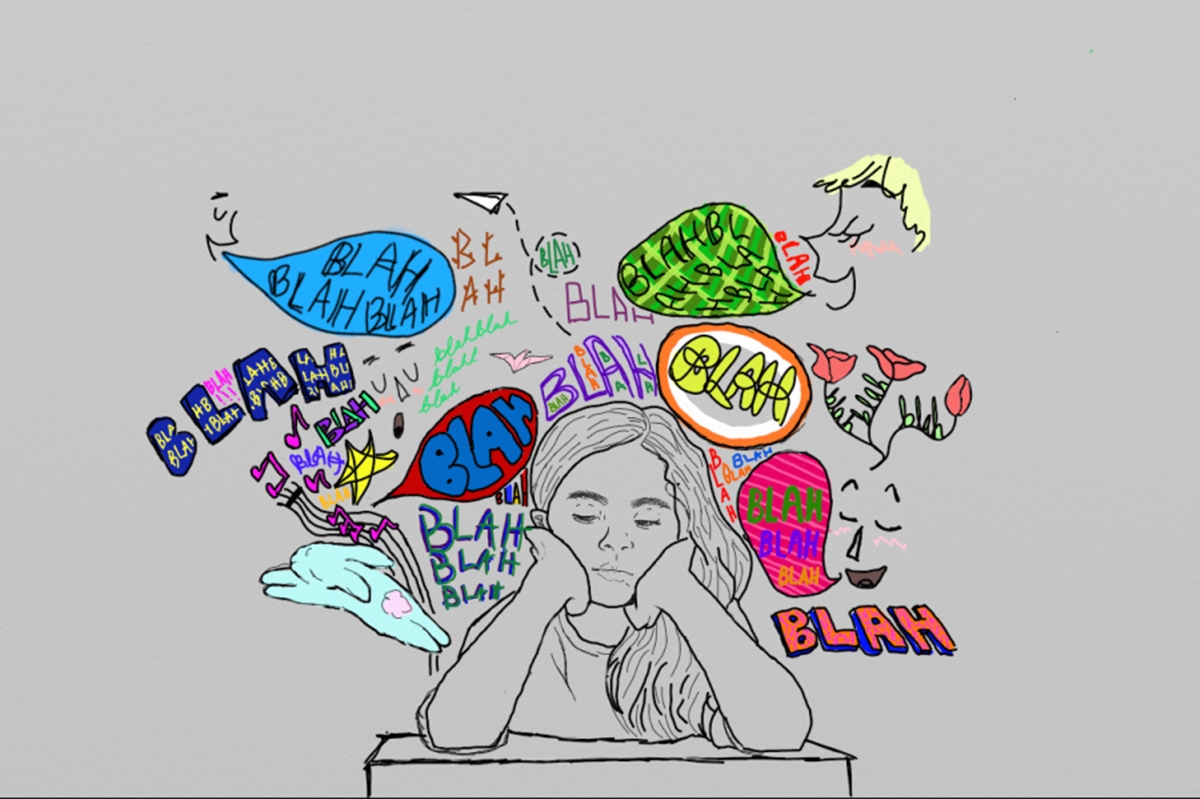I share a very intimate relationship with this word – identity. Growing up, there has been a constant conflict between…
Login to Read!
This content is restricted to site members. If you are an existing user, please log in below. Or you can can create an account here.
